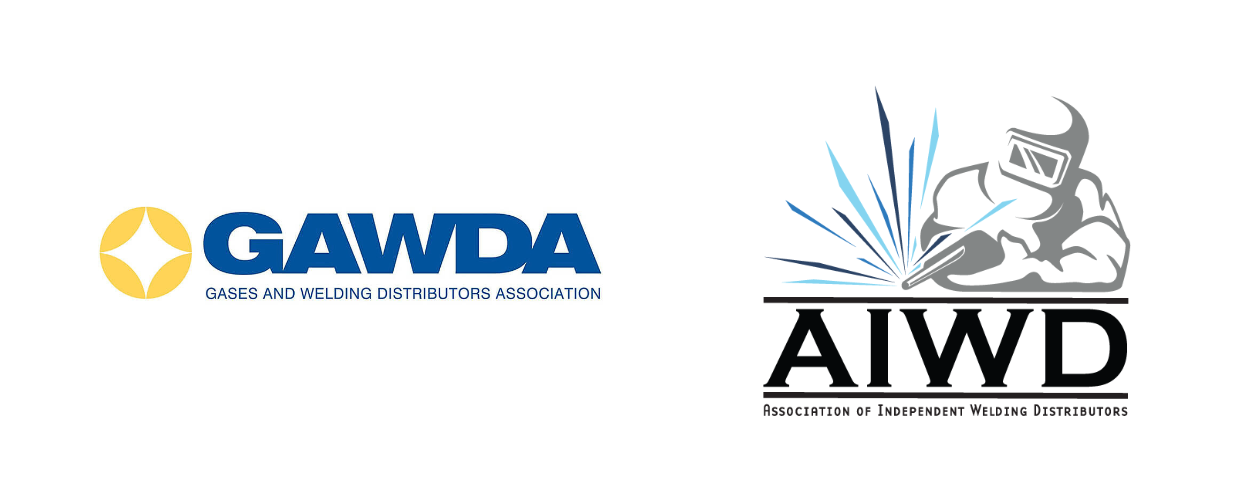

PRIMARY LOCATION
622 Oil Hill Rd
El Dorado, KS 67042
SECONDARY LOCATION
910 Graham St
Emporia, KS 66801
Comparing Welding Electrodes: Choosing the Right One
A Comprehensive Guide from Max's Welding Supplies
Welding is both an art and a science, and at the heart of every weld is the welding electrode. Choosing the right welding electrode is a critical decision that can greatly influence the quality and durability of your welds. With the multitude of options available, it's essential to understand the differences between various types of welding electrodes to make an informed choice.
1. Understanding Welding Electrodes:
- Electrode Basics: Welding electrodes, also known as welding rods, are essential components in arc welding. They come in various materials and coatings to suit different welding processes and applications.
2. Electrode Material and Classification:
- Carbon Steel Electrodes: Commonly used for general-purpose welding, carbon steel electrodes are versatile and suitable for welding mild and low-alloy steels.
- Stainless Steel Electrodes: Ideal for welding stainless steel, these electrodes offer corrosion resistance and strength.
- Cast Iron Electrodes: Designed for welding cast iron materials, these electrodes prevent cracking and ensure a strong bond.
- Aluminum Electrodes: Specially formulated for aluminum welding, these electrodes maintain proper heat control and reduce distortion.
3. Electrode Coatings:
- Coating Types: Electrodes are coated to improve arc stability, control the weld pool, and protect against atmospheric contamination.
- Understanding Codes: Electrode codes, such as E6011 or E7018, provide valuable information about the electrode's characteristics, including its position, coating type, and intended use.
4. Welding Process and Application:
- Stick Welding (SMAW): Depending on the application and material, you may need different electrodes for vertical, horizontal, or overhead welding.
- MIG Welding (GMAW): For MIG welding, electrode selection involves choosing the appropriate wire type and diameter for the material being welded.
- TIG Welding (GTAW): TIG welding typically uses non-consumable tungsten electrodes, where material compatibility is crucial.
5. Weld Quality and Joint Requirements:
- Strength and Durability: Select electrodes that match the required weld strength and durability for the specific application.
- Weld Appearance: Consider the desired appearance and finish of the weld, as some electrodes may produce smoother finishes than others.
6. Environmental Factors:
- Environmental Conditions: The welding environment, including wind, humidity, and temperature, can affect electrode performance. Choose electrodes suitable for the conditions you'll be working in.
Choosing the right welding electrode is pivotal in achieving strong, durable, and aesthetically pleasing welds. At Max's Welding Supplies, we understand that electrode selection is not one-size-fits-all. It requires careful consideration of factors such as material compatibility, welding process, and environmental conditions. Armed with this knowledge, you can make informed decisions and confidently select the perfect welding electrode for your welding projects. Contact us today!
HOURS
Monday - Friday: 8am - 5pm
Saturday & Sunday: Closed

